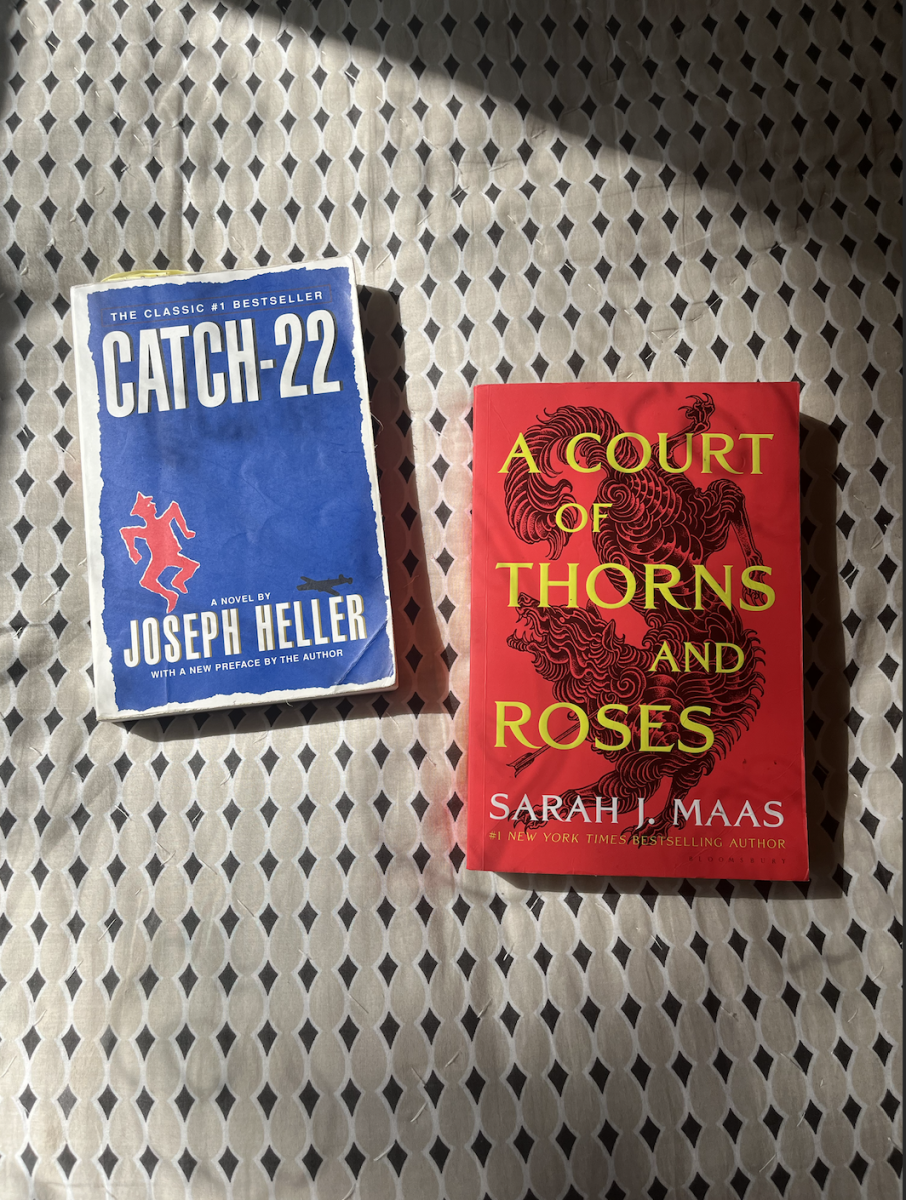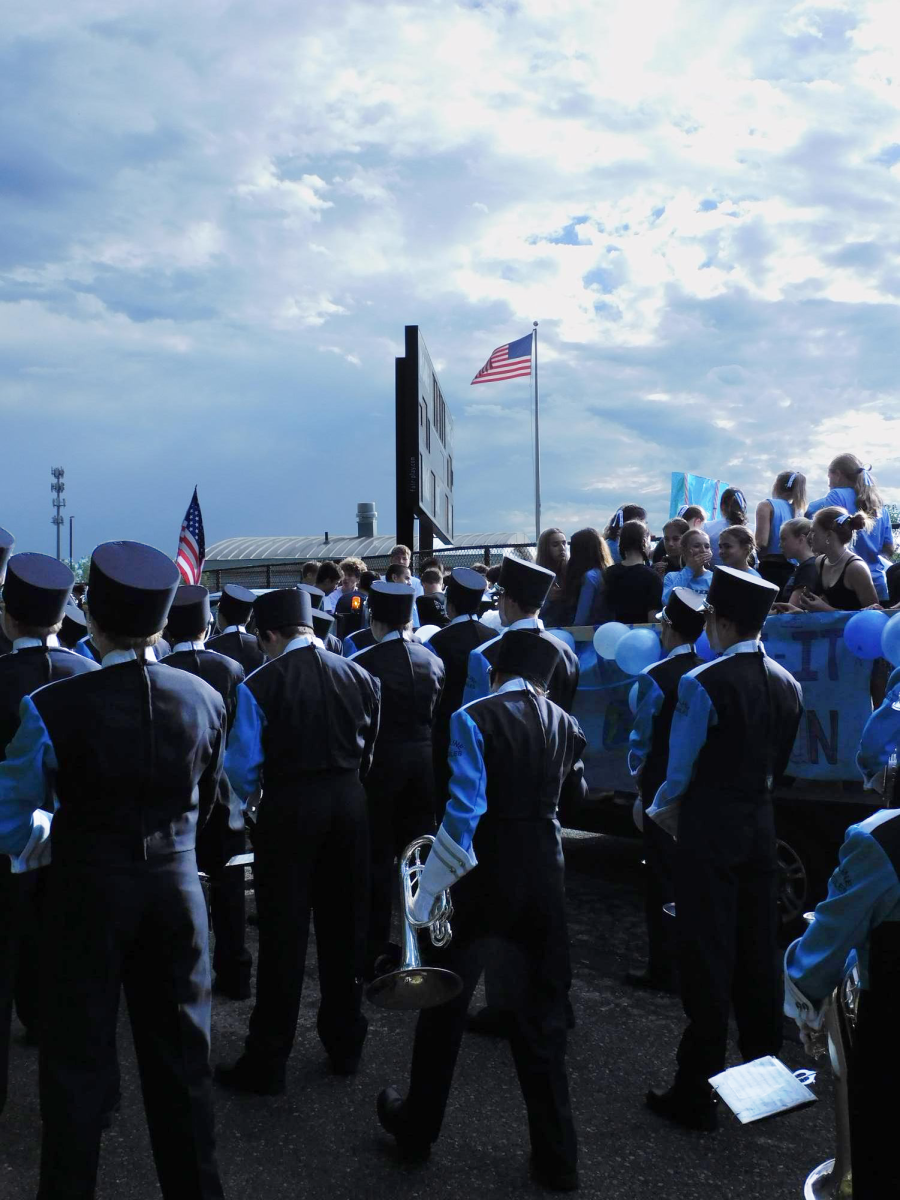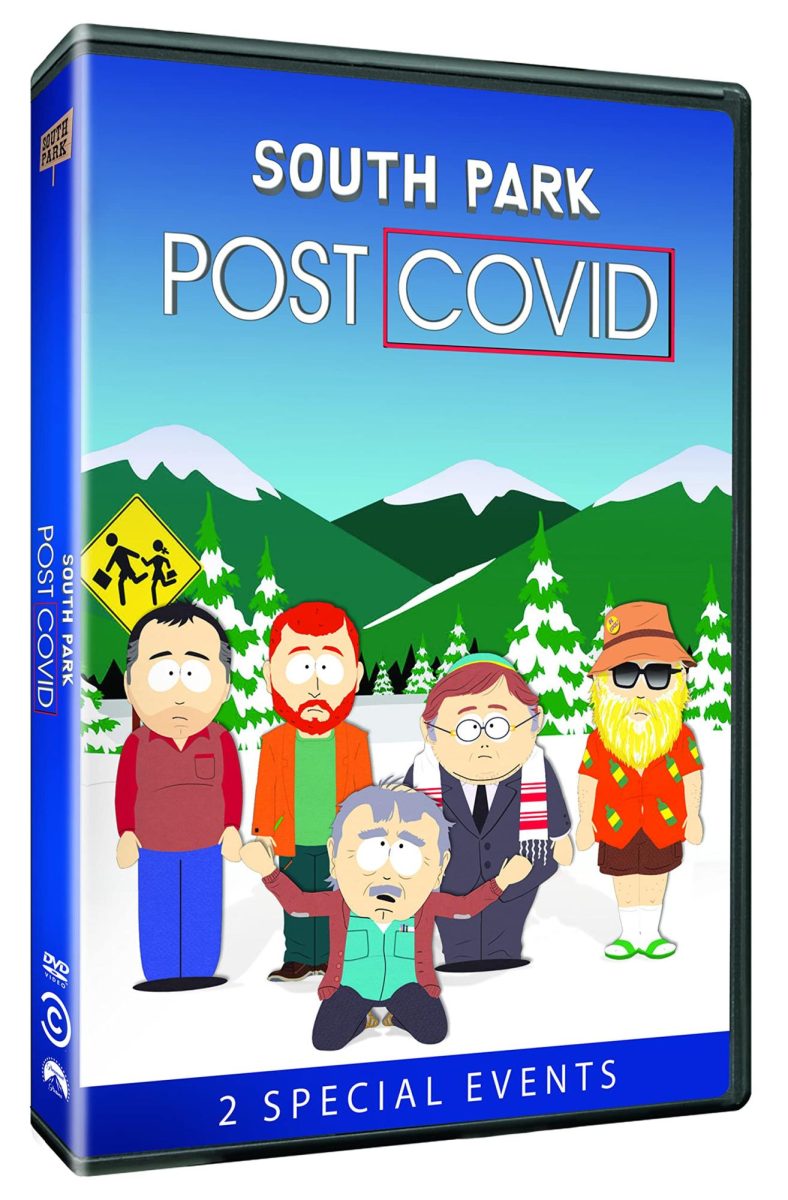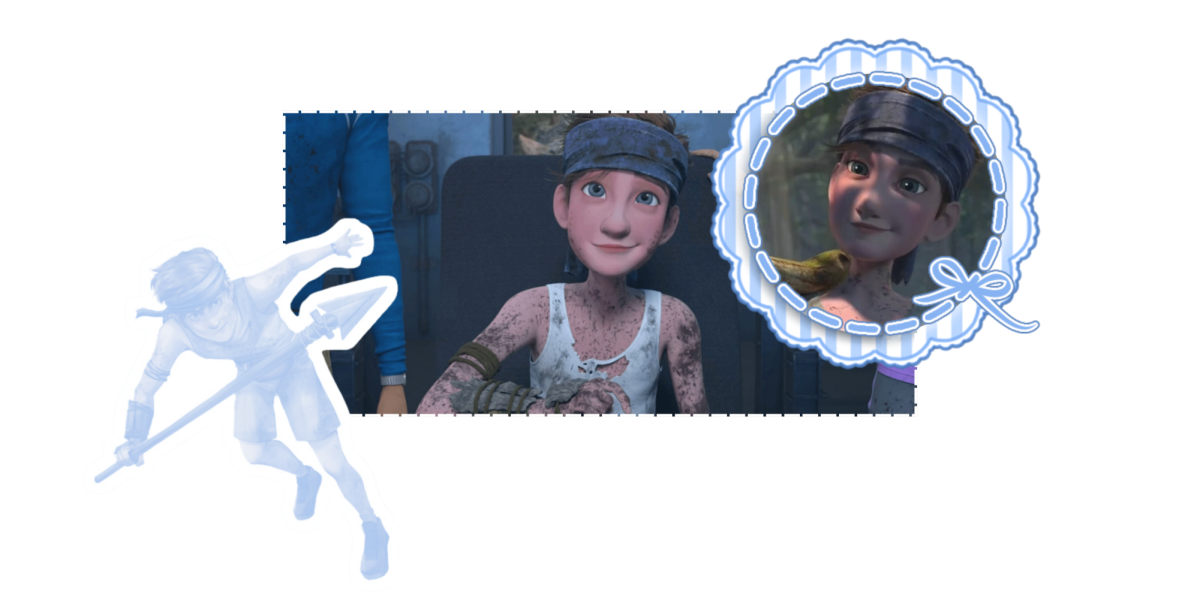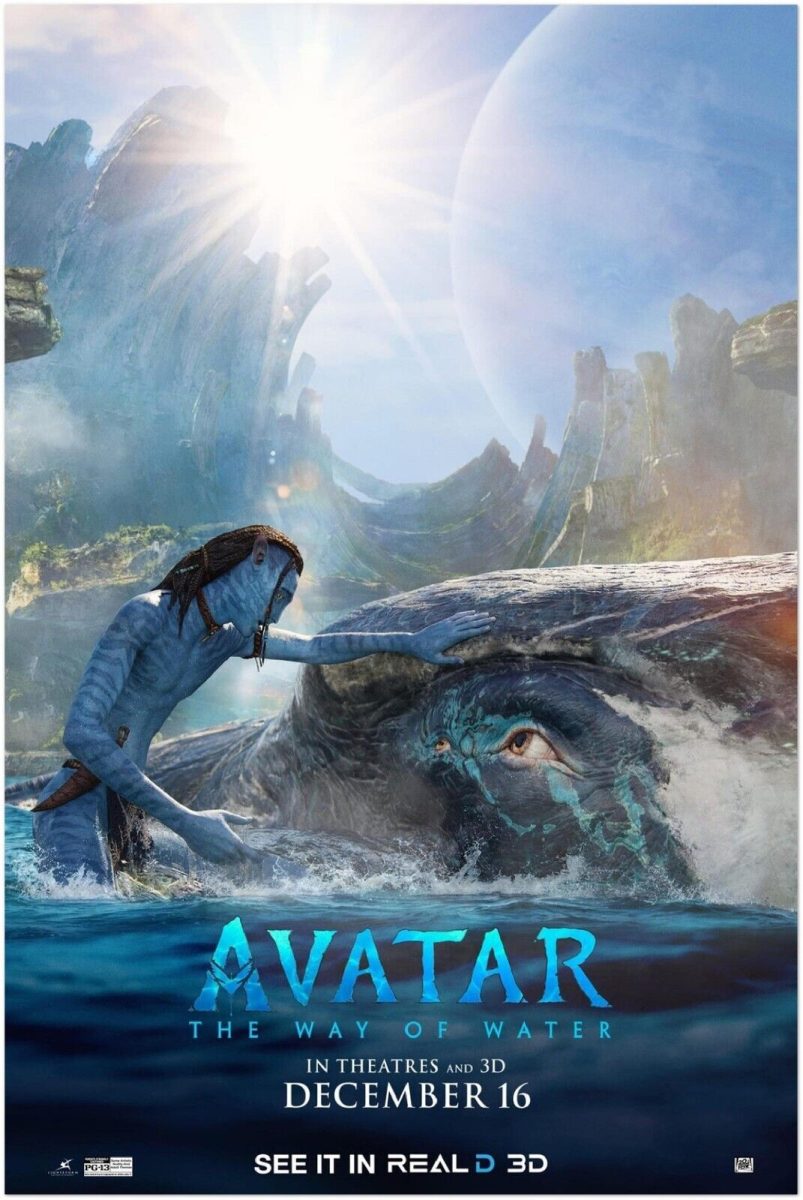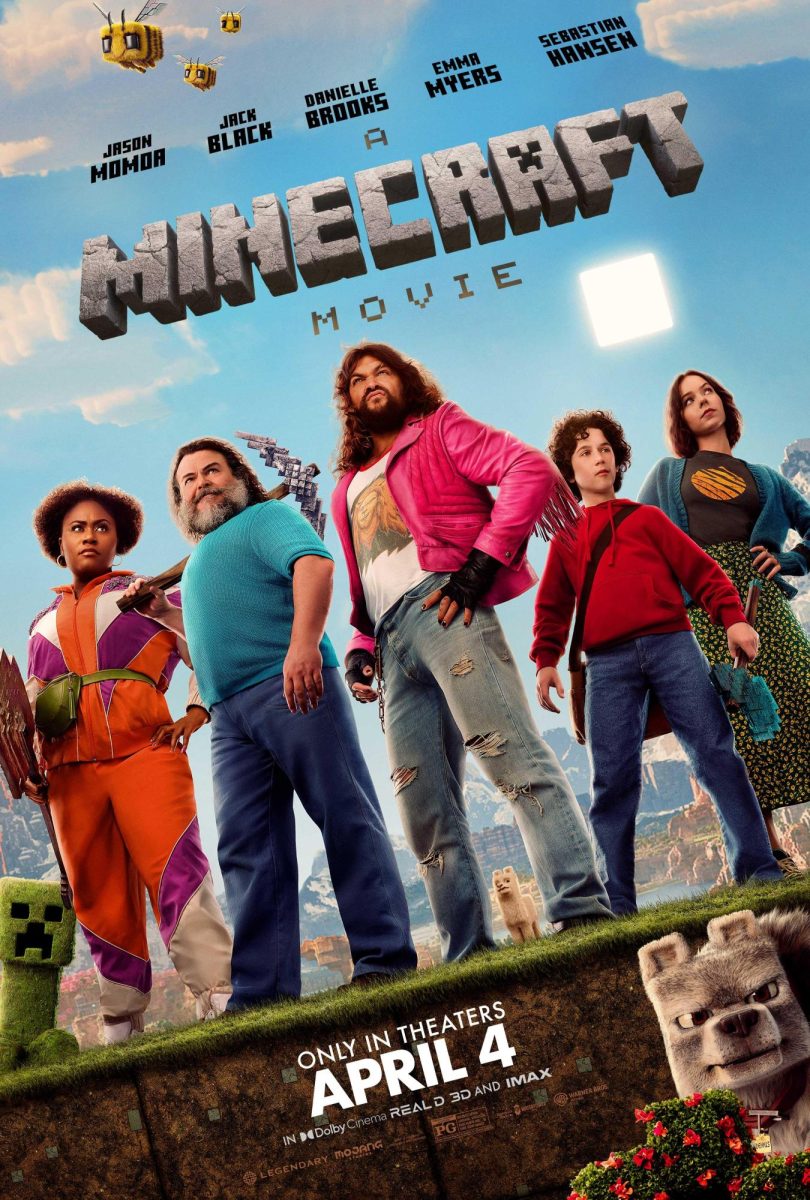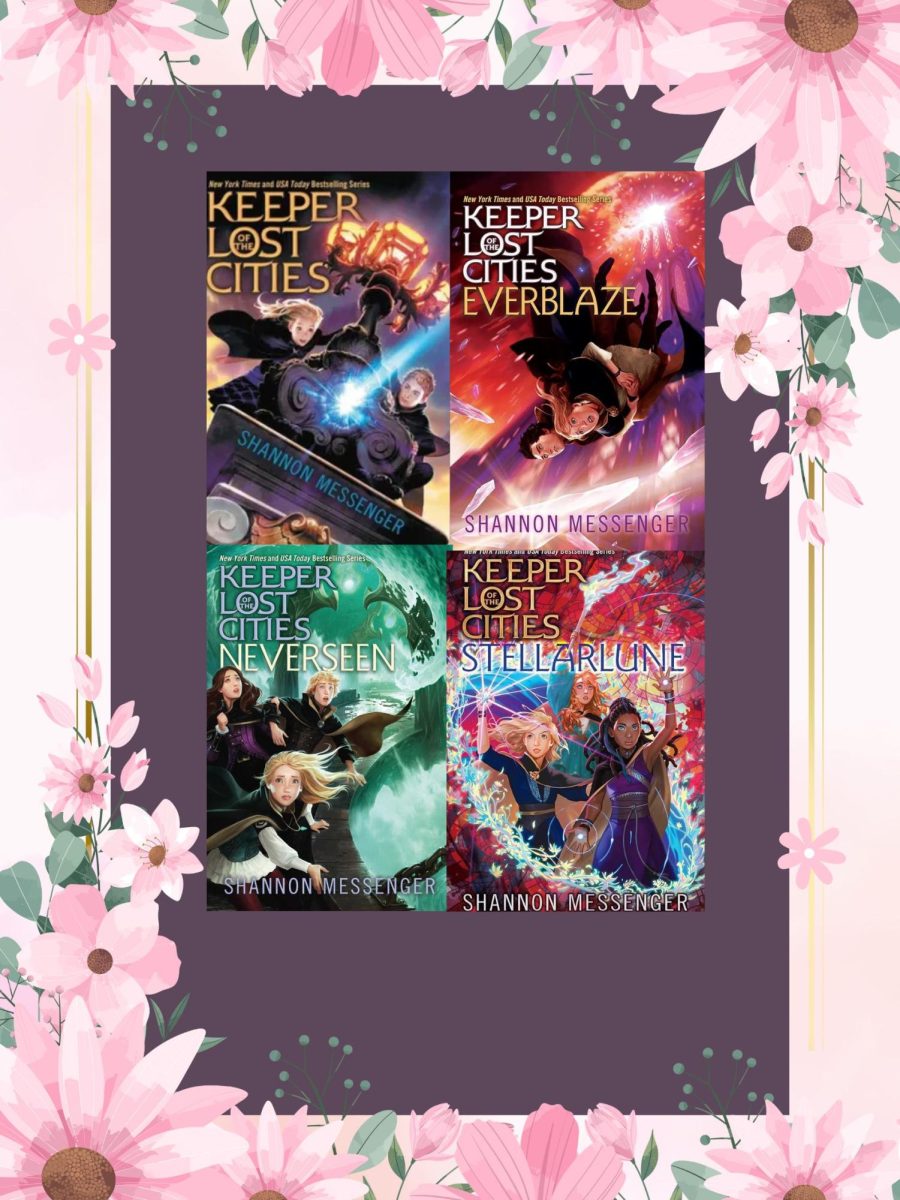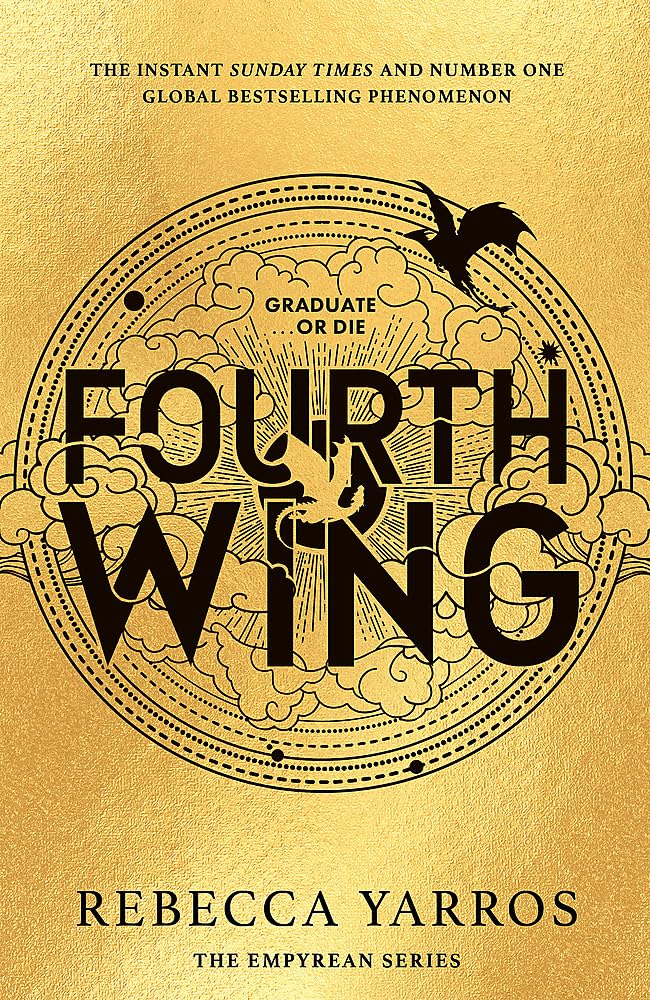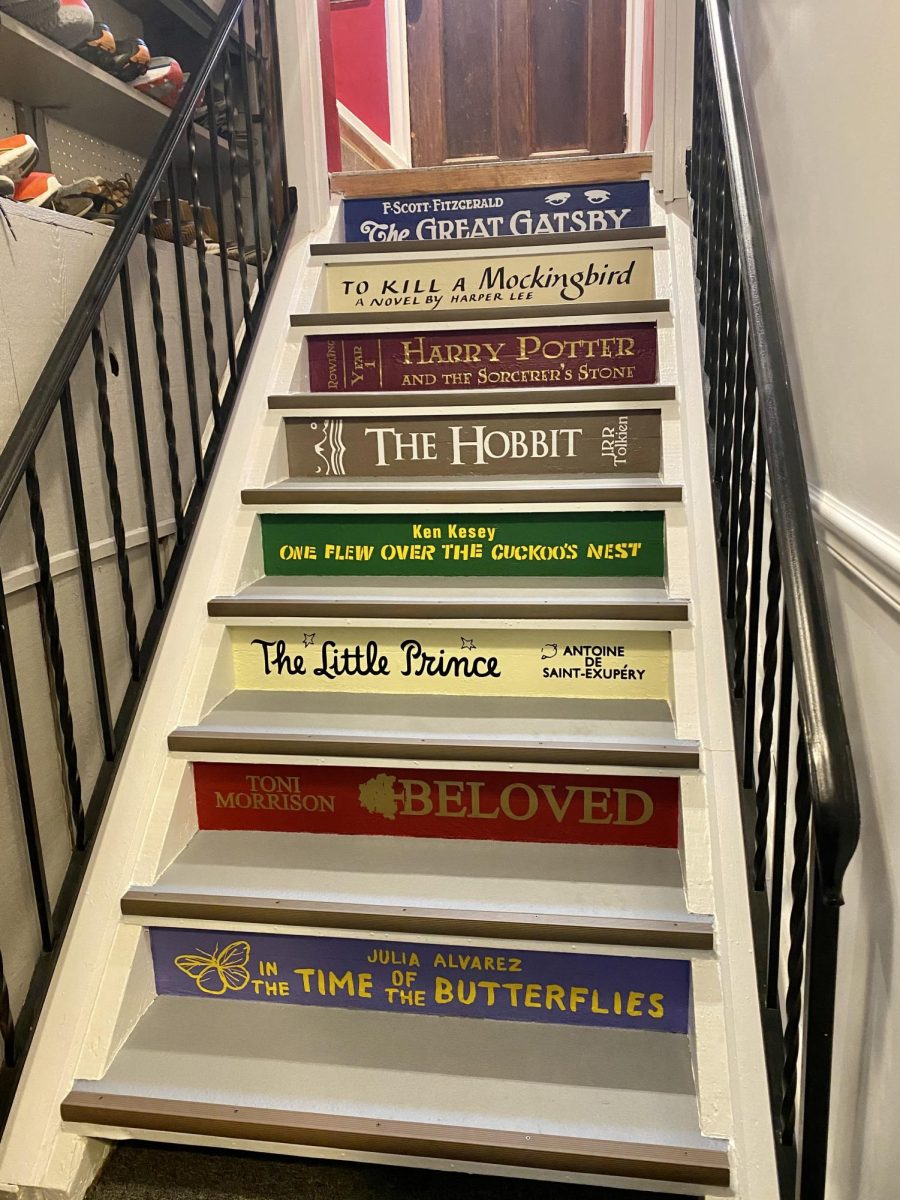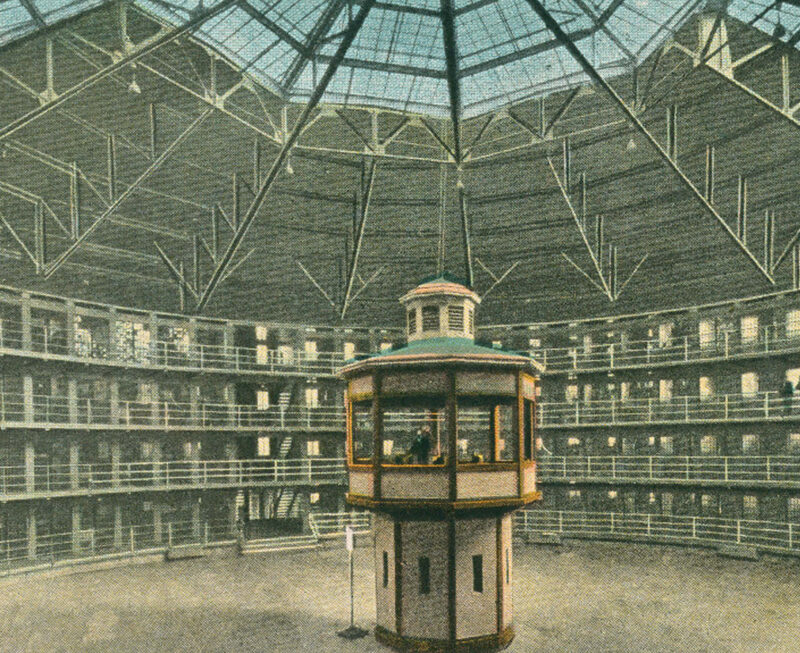Editor’s note: this is an opinion piece
With the rise of “Booktok” and popular romance and fantasy books such as the sensational It Ends with Us by Colleen Hoover and A Court of Thorns and Roses by Sarah J. Maas, reading has become popular again among teenagers. Alarmingly, so has the stigma around reading genres like modern romance, fantasy, or graphic novels.
Negative judgment from adults of certain genres is something that many young kids experience from a young age. This unnecessary action by important figures like parents or teachers poses more harm than good.
It starts off when kids are reading graphic novels at a young age, and carries into adulthood when reading certain books, such as romance novels, which are seen by many as shameful or unimportant. As an avid reader, I know I’ve been in many situations where I’ve not always shared the book I’m reading with adults because I feel embarrassed, or I’m scared of judgment. Negative stigma can take the form of offhand comments about the value of a book, or a direct classroom ban on books like graphic novels.
When asked, some Skyline students shared that they’re embarrassed by books they read, felt like their reading was regulated, or they’ve been taught by adults to be ashamed about certain genres. “I definitely feel embarrassed to read some books in public,” said Irie Scrase (‘27).
When adults comment on what children read – like calling more modern books invaluable or saying that they have no positive impact, bad consequences can follow. Many readers find this discouraging, and it negatively affects the amount they read.
“When I was younger, I definitely found it a lot easier [to read graphic novels],” says Irie Scrase (‘27). “But I think I was persuaded by teachers and parents to read what they called actual novels.”
Math teacher Megan Stark shared that she was an avid reader from an early age, but wasn’t always encouraged to read what interested her. “I grew up in a very, very conservative household so books in the fantasy genre or coming-of-age books/genre were very much off limits,” said Stark. “I definitely did experience a bias towards fantasy books, but I don’t necessarily believe that it was my own bias. I didn’t read those types of books simply because my parents told me not to…. In the years since though, I feel like fantasy has become my most-read genre; my favorite stories and characters are found in fantasy books.”
Does reading a more classic book have a different impact than a more modern book? Are all of the negative comments justified? A classic in this situation would be a book that has withstood the test of time and is critically renowned for its writing and story.
“I feel like [classics are] written at different speeds and written differently,” shares Vivian Raupp (‘27). “The classics help you get insight on things, like life lessons or more philosophical ideas, while some modern books are for fun, but like, both are important because modern books have stuff like diversity which some classics don’t.”
Skyline’s library shares some student views. “I think no, [classics] don’t have a different impact,” said school librarian Carolyn Hill. “Contemporary books may be different in word choice or narrative structure or plot, but the impact of reading a novel is ultimately universal. Every generation produces its own high-quality literature. While the experience of reading a classic book would be different from the experience of reading a contemporary book, I think any book’s impact can be profound.”
Skyline’s school library fortunately works to destigmatize books, as they have a vast selection of many genres including classics, romance, fantasy, sci-fi and nonfiction.
Along with Skyline’s library, many English teachers share similar sentiments. “Sometimes the older language in the ‘classics’ can be a barrier to enjoyment – and some things that are called ‘classic’ now seem really outdated and racist or sexist,” says Annie Blais, Skyline English teacher. “Sometimes I read classics more as evidence of what life was like in a particular time….But I love fantasy and romance and pretty much everything except horror.”
Asking the question of whether modern books have a different impact than a classic isn’t challenging the value of classics; it’s making room for other books to also be seen as important and impactful. Readers should not feel embarrassed no matter what they’re reading, and no person should ever feel ashamed about enjoying a book.

